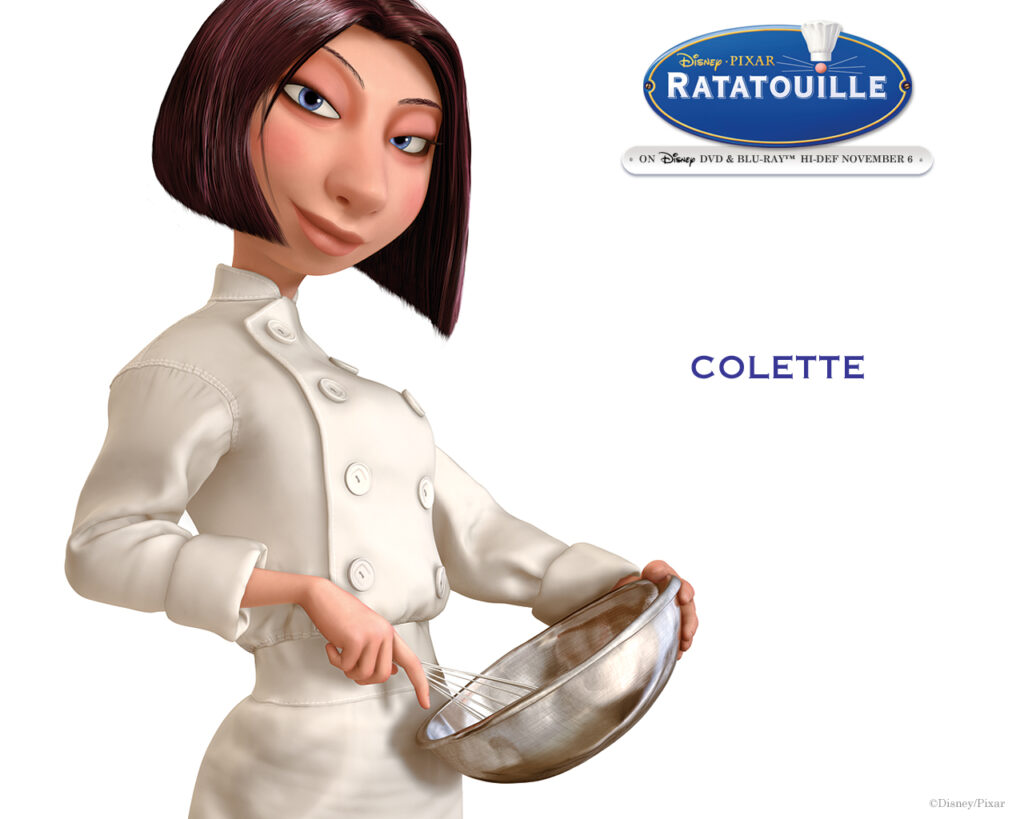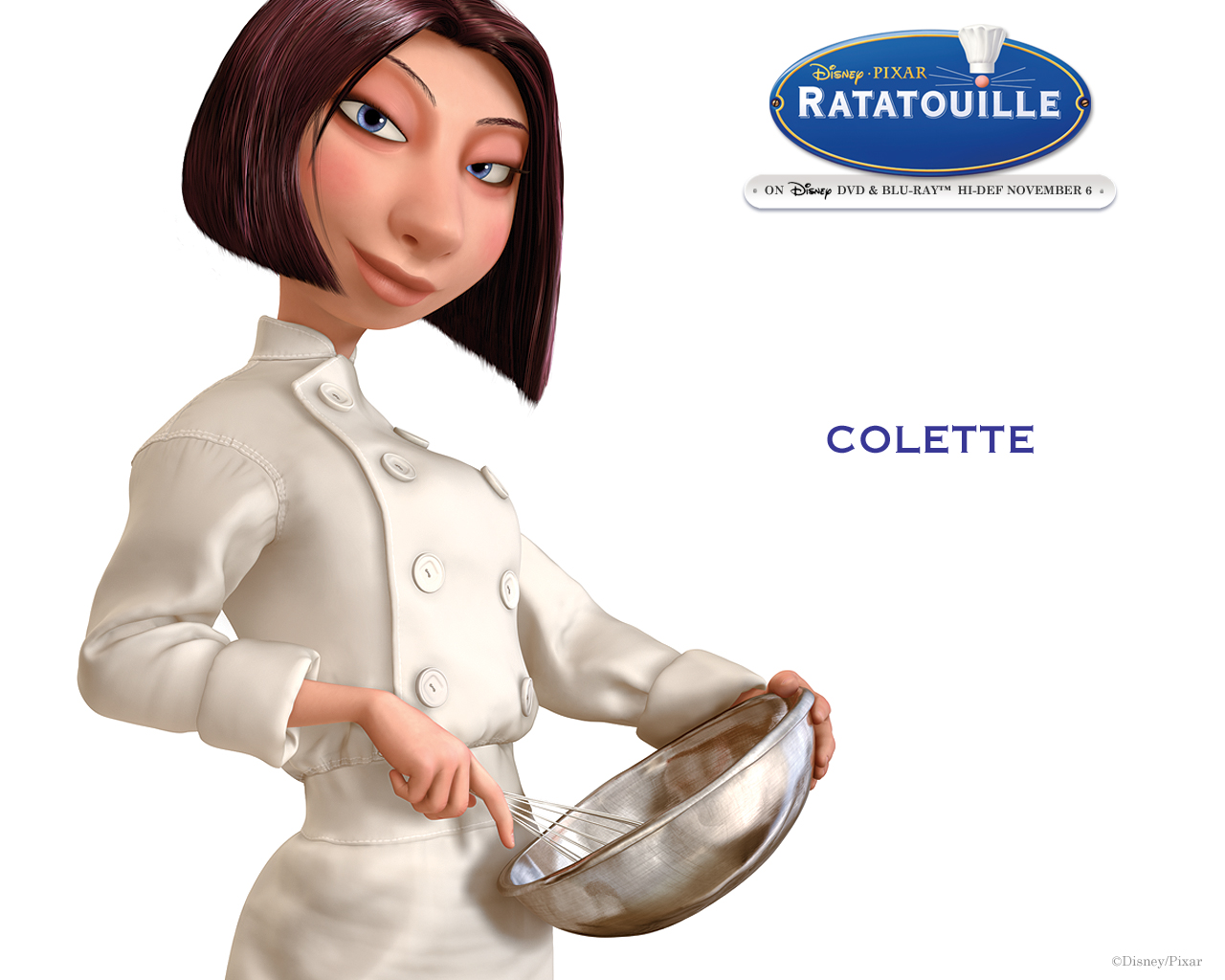
Ratatouille: What Does It Mean to Be a Chef, According to the Movie?
Pixar’s Ratatouille isn’t just a heartwarming tale about a rat who dreams of becoming a chef; it’s a profound exploration of passion, talent, and the true meaning of culinary artistry. The film delves into the question: what does it truly mean to be a chef? Beyond the technical skills and demanding kitchen environment, Ratatouille offers a nuanced perspective on creativity, perseverance, and the importance of embracing the unexpected. This article will dissect the core themes of the movie to understand the deeper significance of the chef‘s role, as portrayed through the eyes (and nose) of Remy.
The Pursuit of Passion: Remy’s Culinary Dream
At its heart, Ratatouille is a story about pursuing one’s passion, regardless of societal expectations or inherent limitations. Remy, a rat with an extraordinary sense of smell and taste, defies his rat colony’s scavenging instincts and yearns to create culinary masterpieces. His passion for food isn’t merely about survival; it’s about experiencing the joy of flavors and sharing that joy with others. This innate drive separates him from his peers and propels him on his unlikely journey to becoming a chef.
Remy’s dedication to his craft is unwavering. He studies Auguste Gusteau’s cookbook, “Anyone Can Cook,” with fervent enthusiasm, absorbing the principles of French cuisine. He experiments with different flavor combinations, constantly refining his palate and expanding his culinary knowledge. This relentless pursuit of excellence is a key characteristic of a true chef, as demonstrated by Remy’s actions throughout the film.
Talent and Opportunity: The Lingering Shadow of Gusteau
The film introduces us to the late Auguste Gusteau, a celebrated chef whose philosophy, “Anyone Can Cook,” inspires Remy. Gusteau’s legacy looms large over the restaurant, serving as both an inspiration and a source of pressure for the kitchen staff. His belief that talent can come from anywhere challenges the traditional elitism often associated with the culinary world. Remy embodies this belief, proving that culinary genius can emerge from the most unexpected places.
However, the film also acknowledges the importance of opportunity. Remy’s talent alone wouldn’t be enough to achieve his dream. He needs a chance, a way to express his culinary skills in a professional setting. This opportunity comes in the form of Linguini, a garbage boy who inadvertently discovers Remy’s talent. Their unlikely partnership becomes the catalyst for Remy’s culinary ascent.
The Importance of Collaboration: Remy and Linguini’s Partnership
The dynamic between Remy and Linguini highlights the importance of collaboration in the culinary world. Remy possesses the culinary talent, but he lacks the physical ability to cook in a human kitchen. Linguini, on the other hand, has access to the kitchen but lacks the culinary expertise. Their symbiotic relationship allows them to overcome their individual limitations and achieve collective success. This collaboration underscores the idea that even the most talented chef needs a strong team to succeed.
Their partnership isn’t without its challenges. They face skepticism, ridicule, and the constant threat of exposure. However, their shared passion for food and their unwavering trust in each other allows them to navigate these obstacles. Their success is a testament to the power of collaboration and the importance of embracing diverse perspectives.
Overcoming Prejudice: The Skepticism of the Culinary World
Ratatouille tackles the issue of prejudice head-on. Remy faces constant discrimination due to his species. The other chefs are initially dismissive of his talent, viewing him as nothing more than a vermin. This prejudice reflects the real-world biases that can exist in the culinary industry, where individuals from marginalized backgrounds may face barriers to entry and advancement.
Anton Ego, the notoriously harsh food critic, embodies this skepticism. He represents the established culinary elite, who are resistant to change and unwilling to accept unconventional talent. His initial review of Gusteau’s restaurant is scathing, contributing to the chef‘s demise and the restaurant’s decline. However, Ego’s eventual transformation is a powerful testament to the transformative power of food and the importance of open-mindedness.
The Power of Food: Anton Ego’s Transformation
The climax of the film revolves around Anton Ego’s visit to Gusteau’s restaurant. Remy prepares a simple dish of ratatouille, a peasant dish that evokes childhood memories for Ego. This seemingly humble dish triggers a profound emotional response in the critic, reminding him of the joy and comfort that food can provide. Ego’s subsequent review is a glowing tribute to Remy’s culinary genius, validating his talent and silencing his critics.
Ego’s transformation highlights the power of food to transcend cultural barriers and evoke deep emotional connections. It underscores the idea that the true value of a chef lies not just in their technical skills but also in their ability to create experiences that resonate with people on a personal level. Remy’s ratatouille is more than just a dish; it’s a symbol of his passion, his creativity, and his ability to connect with others through food.
What Ratatouille Teaches Us About Being a Chef
So, what does Ratatouille teach us about what it means to be a chef? It’s not just about mastering techniques or creating elaborate dishes. It’s about:
- Passion: A genuine love for food and a desire to share that love with others.
- Creativity: The ability to think outside the box and experiment with new flavors and techniques.
- Perseverance: The determination to overcome obstacles and pursue one’s dreams, even in the face of adversity.
- Collaboration: The ability to work effectively with others and embrace diverse perspectives.
- Humility: The willingness to learn from others and acknowledge one’s own limitations.
- Empathy: The ability to connect with others on an emotional level through food.
Ratatouille reminds us that anyone can cook, but it takes more than just talent to become a true chef. It requires dedication, passion, and a willingness to embrace the unexpected. The film’s message is particularly relevant in today’s culinary landscape, where innovation and creativity are highly valued. [See also: The Future of Food: Trends and Innovations]
The Enduring Legacy of Ratatouille
Ratatouille continues to resonate with audiences of all ages, inspiring them to pursue their passions and challenge conventional notions of success. The film’s portrayal of the chef‘s role is both heartwarming and insightful, offering a glimpse into the dedication, creativity, and emotional intelligence that are required to excel in the culinary world. The story of Remy, the little rat who dared to dream big, serves as a powerful reminder that anything is possible with passion, perseverance, and a little bit of help from your friends. The movie’s ratatouille recipe itself has become iconic, inspiring countless home cooks to try their hand at the classic dish.
The film also implicitly critiques the hierarchical structures often found in professional kitchens, suggesting that talent and innovation can come from anywhere, regardless of background or experience. This message is particularly important in an industry that has historically been dominated by tradition and exclusivity. Ratatouille encourages us to look beyond superficial appearances and recognize the potential in everyone.
In conclusion, Ratatouille is more than just a children’s movie; it’s a sophisticated exploration of the culinary arts and the human spirit. It challenges us to reconsider our perceptions of talent, opportunity, and the true meaning of success. By following Remy’s journey, we gain a deeper appreciation for the dedication, creativity, and passion that define the art of cooking. Ultimately, the film suggests that being a chef is not just a profession; it’s a calling, a way to connect with others and share the joy of food. What ratatouille means within the context of the film is a symbol of both humble origins and extraordinary potential. The chef who can elevate simple ingredients to create something truly memorable is the one who understands the heart of cooking. It is a film that explores what does it mean to be a chef.

